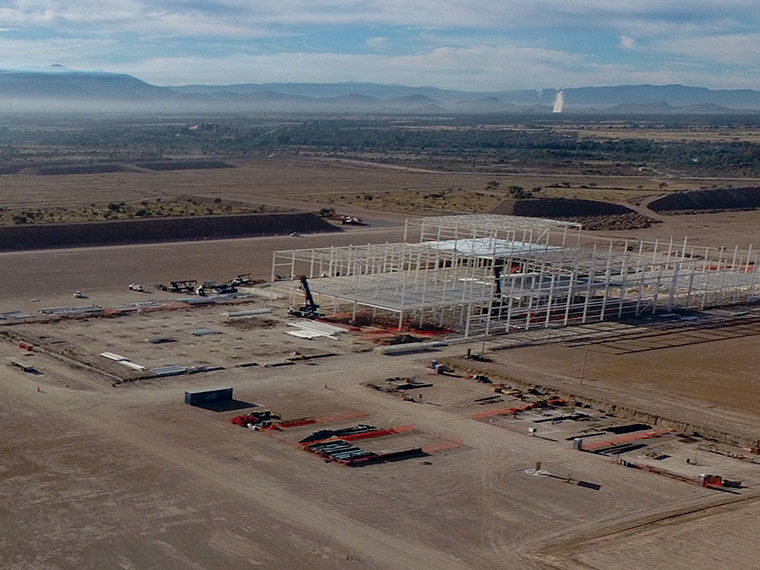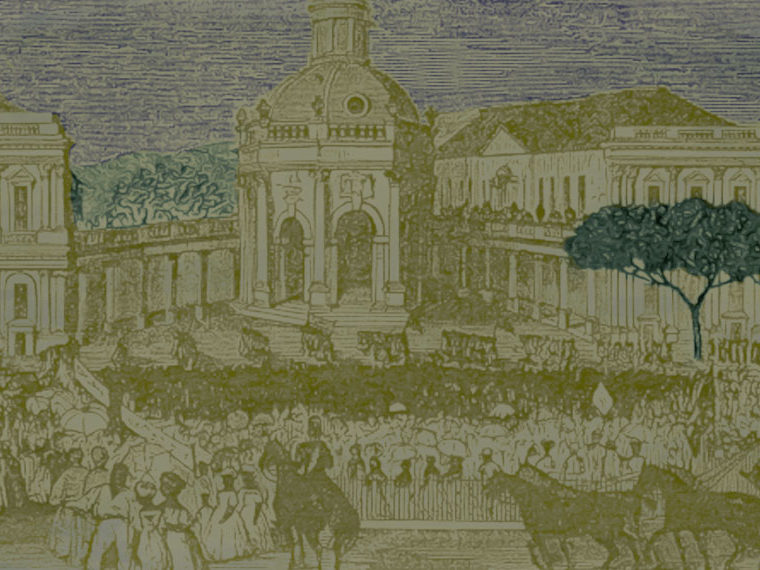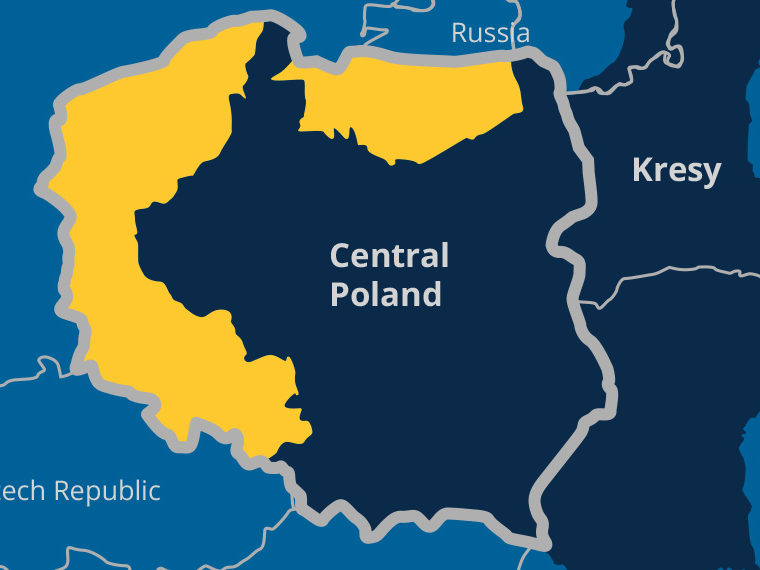Compulsory education ‘homogenizes’ population, can stave off democracy
History is replete with dictators from Adolf Hitler to Mao Zedong using state-controlled education and propaganda to mold young people into loyal patriots. But why do some leaders invest in mass education and others don’t?
Research published in The Economic Journal — authored by Harvard’s Alberto Alesina, UCLA Anderson’s Paola Giuliano and Northwestern’s Bryony Reich — argues the answer lies in the type of ruler and how secure that ruler feels in office.
Authoritarian leaders threatened by protests or other forms of civil unrest use mass primary education as a tool to “homogenize” their population around shared values and a national vision. They are more likely to view this investment in “nation building” as money well-spent, the research shows, because it increases their likelihood of staying in power, even if democracy prevails.
Colonial rulers, on the other hand, don’t see a value in investing in education because their goals are to extract wealth over the short or medium term rather than building for the future. They are more likely to implement “divide and rule” policies that pit one ethnic group against another, according to the study, creating an alienated, uneducated populace that is less prepared to transition to self-governance.
The recent military coup in Guinea, a former French colony with one of the world’s lowest literacy rates, is a reminder of the fragility of democracy in many former colonies.
Alesina, who died in 2020, Giuliano and Reich define nation building as a process that creates citizens who feel such a “sufficient amount of commonality of interests, goals and preferences that they do not wish to separate from each other.” In addition to education, other instruments used to foster unity include the establishment of a national language and religion or compulsory military service.
Nation building is differentiated from state building, which involves the creation of institutions that are necessary to keep a government going, such as tax collecting or providing garbage collection and water.
Why Rulers Choose to Educate Population
The authors rely on modeling and historical case studies to determine the costs and benefits to a ruler of investing in mass education. They identify two motives for a ruler to “homogenize”: either to reduce the threat of democracy or to build a more like-minded population that reflects the ruler’s values so if democracy prevails, the people will opt for the status quo.
Their model predicts that “mass education” will occur before democratization and in response to the rise of a threat to power.
It’s a difficult balancing act. If a leader implements homogenization policies, then the populace can communicate better and may also be better able to take collective action that could result in a revolution and government overthrow.
The challenge for such a ruler? “Enough education to homogenize, but not too much to create rebellious masses,” the authors explain.
Michele Coppino, the author of Italy’s 1877 compulsory education reform, wrote that the aim of elementary education should be to ensure the masses were “content to remain in the condition that nature assigned to them” and to “create a population … devoted to the fatherland and the king.”
To test their theory, the researchers collected per capita primary educational enrollment for 172 countries between 1925 and 2014. Data from a smaller set of countries was used to identify when educational reforms were introduced and when there were threats to the government in power, such as major crises or revolutions. The researchers also inputted data on leaders of 188 countries from 1875 to 2004, which allowed them to identify changes in government not apparent in other datasets.
Education Can Help a Ruler Hold On to Power
Their analysis confirmed that states implemented mass education primarily in the decades before democracy and these educational reforms tended to come in response to threats to the regime.
A 2017 study by Agustina Paglayan of UC San Diego produced comparable findings. She found that large investments in centralized bureaucracies and mass education were triggered by civil wars in countries like Argentina and Chile.
An extensive review of historical case studies by Alesina, Giuliano and Reich identified similar trends around the world. Regimes facing the risk of democratization during the 19th century, like France, Japan and Britain, instituted compulsory primary education relatively early, while those facing the threat later, like Turkey and Thailand, did so later.
Others have posited an alternative explanation for the move to mass education in Europe in the 19th century: The governments were responding to demands from the protestors. But that is unlikely, the authors assert, since state-run mandatory schooling was “often unpopular and opposed by the peasantry for much of the 19th century.”
Featured Faculty
-
Paola Giuliano
Professor of Economics; Chauncey J. Medberry Chair in Management
About the Research
Alesina, A., Giuliano, P. and Reich, B. (2021). Nation-Building and Education. The Economic Journal, 131(638), 2273–2303. https://doi.org/10.1093/ej/ueab001






